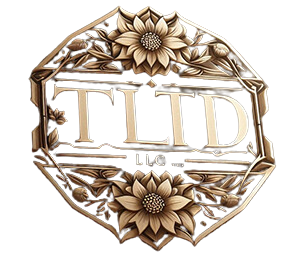Redeemable Deeds / Judicial and Non-Judicial Tax Sales
What are Redeemable Deeds? A type of tax deed specific to some states. Redeemable deeds are similar to tax deeds, but with a longer redemption period for the original property owner.
Summary:In summary, investing in tax liens, tax deeds and redeemable deeds can be a lucrative venture if done wisely, with a thorough understanding of the legal frameworks and market conditions of the state where the properties are located.
Disclaimer:
Investing in tax liens, tax deeds and redeemable deeds involves inherent risks and complexities. The information provided here is for informational purposes only and should not be considered financial or legal advice.
We strongly recommend seeking professional guidance from:
- Tax advisor: They can advise on tax implications of buying tax liens, tax deeds and redeemable deeds.
- Real estate attorney: They can navigate the legal processes involved in acquiring and potentially foreclosing on properties.
- Title company: They can research and verify the property title and any potential claims.
By consulting these professionals, you can make informed decisions and mitigate risks associated with tax liens, tax deeds and redeemable deeds Investments.

Judicial & Non-Judicial Tax Sales
In Georgia, the main differences between judicial and non-judicial tax sales are the procedures involved and the rights of the property owner.
Judicial Tax Sale
1. Court Involvement: A judicial tax sale involves the court system. The county files a petition in superior court against the property and interested parties.
2. Notice: The county must provide notice to interested parties through posting on the property, certified mail, and publication in a county newspaper.
3. Hearing: A court hearing is held where interested parties can contest the petition.
4. Redemption Period: The property owner has 60 days to redeem the property by paying the delinquent taxes and associated costs.
5. Title: Title vests absolutely in the purchaser, eliminating the need for post-sale procedures to clear title.
Non-Judicial Tax Sale
1. No Court Involvement: A non-judicial tax sale does not involve the court system and is generally faster and less expensive.
2. Notice: Notice is still required but is typically less formal than in a judicial sale.
3. Redemption Period: The property owner has 12 months to redeem the property by paying the delinquent taxes, penalties, and costs.
4. Title: The purchaser does not receive a clear title immediately; the former owner has a redemption period during which they can reclaim the property.
Summary: In summary, a judicial and non-judicial tax sales in Georgia.
Judicial Tax Sales
• Process: Judicial tax sales involve a court proceeding.
• Purpose: They are used to collect delinquent property taxes.
• Outcome: If the property is sold, the new owner receives a tax deed.
Non-Judicial Tax Sales
• Process: Non-judicial tax sales are conducted by the local tax commissioner without court involvement.
• Purpose: They are also aimed at collecting overdue property taxes.
• Outcome: The property is sold at a public auction, and the highest bidder receives a tax deed.
In both cases, the original property owner has a redemption period (usually one year) to reclaim the property by paying the owed taxes plus interest and penalties.

